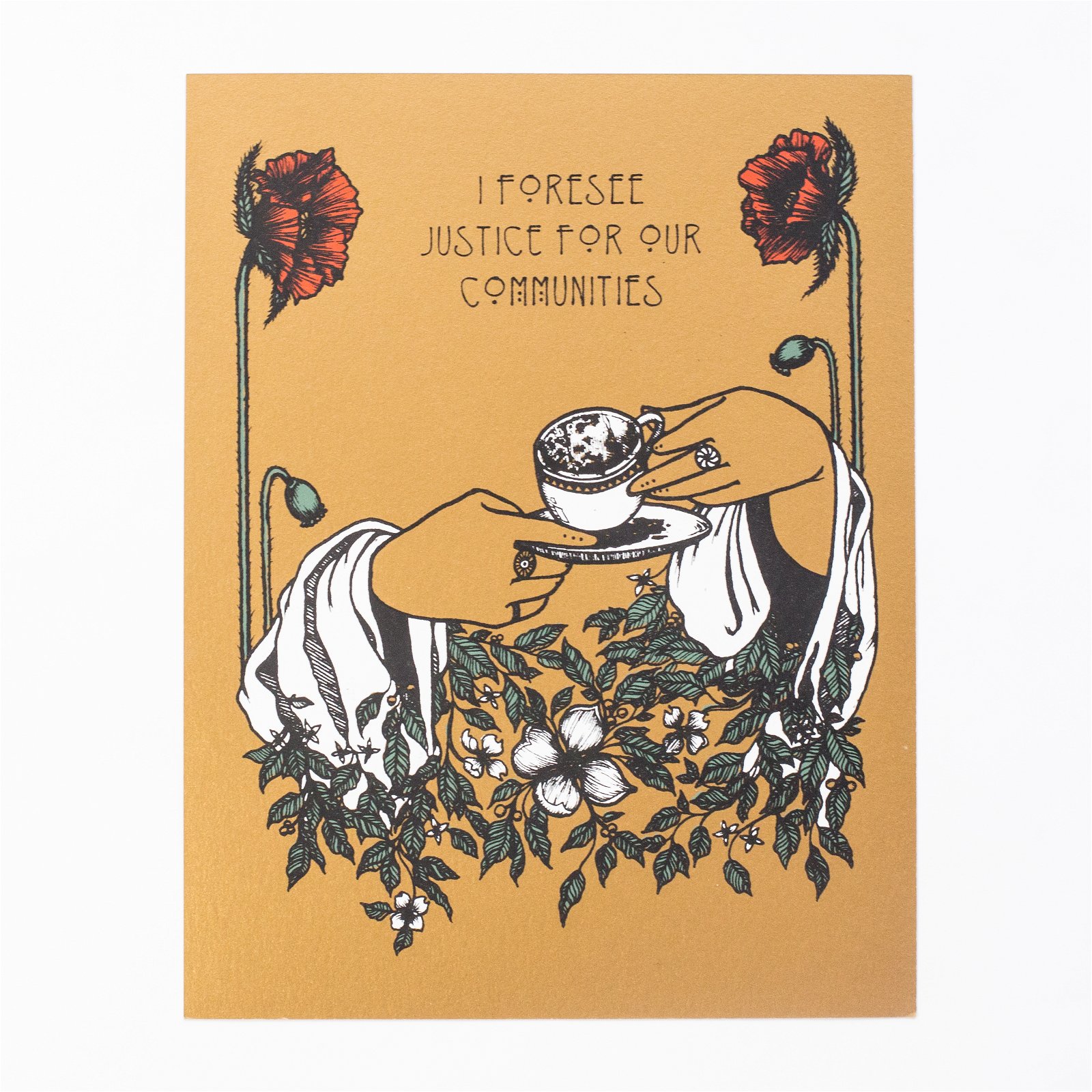
Racism seems to be raging around the world. Anti-Asian and anti-Black/Brown racism in the United States flares up frequently, tragically claiming lives and victims and causing public uneasiness and outrage. Despite these tragedies, there is a flicker of hope. A guilty verdict was just returned in the case of Derek Chauvin, serving the cause of anti-racism in the US and moving us closer to a just society. A few days later, President Biden recognized the Armenian Genocide.
Are we witnessing the swelling of a more powerful anti-racism wave on a global scale? Is the situation truly more hopeful not only in the US, but in the rest of the world too? Though we still have much to overcome here, we seem to be going in the right direction. But in places like Artsakh, racism is threatening an entire indigenous population with physical and cultural destruction and genocide.
Armenians have populated Karabakh (known as Artsakh to Armenians) for at least two millennia. They came under intense genocidal attack in 2020, though discriminatory Azerbaijani state policies have victimized them for close to a century, culminating in what has become an unrestrained and overt form of state-sponsored xenophobia and intolerance. Today we see the tragic results of violent racism in the form of ethnic cleansing and cultural erasure.
Satellite imagery has recently revealed that Azerbaijan has deployed heavy equipment next to the seventh century Armenian church of Vankasar in occupied Artsakh. This latest threat against Armenian culture comes at the heel of a BBC report that investigated the complete destruction and leveling of an Armenian church in another part of occupied Artsakh.
In conjunction with cultural destruction, Azerbaijan’s racist rhetoric and state-coordinated disinformation and misinformation encourage anti-Armenian hatred even among children. The newly inaugurated Military Trophies Park in Baku invites children to use toy guns to pretend-shoot despicably caricatured figures of dead or dying Armenian soldiers. Children are also exposed to an exhibit of hundreds of helmets of dead Armenian soldiers. (Close to 5,000 18 to 20-year-old army recruits were massacred using high-tech drone technology in video-game fashion during the Artsakh War from September to November 2020.)
Armenians living in neighboring Armenia and in different parts of the world are not immune to the xenophobic rhetoric and racially motivated Azerbaijani aggression. Armenia has experienced land losses and continues to be under threat. In France, Germany, Lebanon, the US and elsewhere, Armenians and Armenian community centers and churches have been targeted. Within the past year, the administrative building of an Armenian church in San Francisco was burned down and is being investigated as arson, while three Armenian schools in California were vandalized with graffiti and hate speech in 2019.
Not all Armenians are in danger of physical destruction, but all are victims of racism for as long as their cultural heritage continues to be destroyed, erased, and appropriated in Artsakh and other ancestral lands, and for as long as their kinsmen in Artsakh and Armenia continue to live in poverty and in the shadow of racism and an increasing threat of genocide. Armenians who live among us in the United States may seem safe, and even privileged (though it was not long ago that they were not allowed to own land in places like Fresno, California, where they faced discrimination and were labeled “Fresno Indians”). However, the dark shadow of xenophobia and cultural destruction poisons their lives too and leads to eventual loss of cultural identity.
Armenians around the world commemorated the 1915-1923 Ottoman Turkish genocide this April 24, as they do every year. The US president’s recognition of the Genocide made April 24 a little less painful this year as Armenians remembered and honored the lives of more than 1.5 million of their murdered ancestors; the hundreds of thousands of survivors of unutterable atrocities, including starvation, death marches, mass sexual violence and enslavement; the hundreds of thousands of child and women victims of forced assimilation; the tens of billions of dollars in material damage to institutions and individuals; and the priceless cultural losses to both Armenia and the world.
This year is also different as Armenians experience the same institutionalized discrimination and racism which their ancestors endured for centuries under Ottoman rule and which grew into an increasingly violent and unchecked xenophobia leading to genocide. Our single-minded goal as fighters for social justice is then to grow stronger and reach out wider to marginalized and silenced groups whose victimization barely makes a wave in the vast ocean of xenophobia plaguing the world.
If we succeed in raising awareness and stopping the destruction of Armenian sacred sites and world heritage sites such as Vankasar; in raising awareness and freeing the hundreds of POWs still being held and tortured in Azerbaijan in violation of the Geneva Convention; in raising awareness and halting the unrestrained, state-sponsored racism and state-rewarded hate crimes, our struggle to end racism on a global scale can help save the last remaining Armenians of Artsakh (and perhaps even Armenia) and make an important dent in race-based hatred and violence that should not be tolerated anywhere in the world.
Author’s Note: The Artsakh Humanitarian Council is a concerned group of teachers, parents, students and families in and around Glendale, California, whose goal is to connect, build and unite our diverse communities in the global struggle against racism and in support of social justice everywhere in the world. AHC is inspired by the peaceful roots of the struggle for self-determination and human rights of the people of Nagorno-Karabakh (Artsakh) and committed to raising awareness about this struggle.


Great article!
Thank you for all you’ve done and are doing